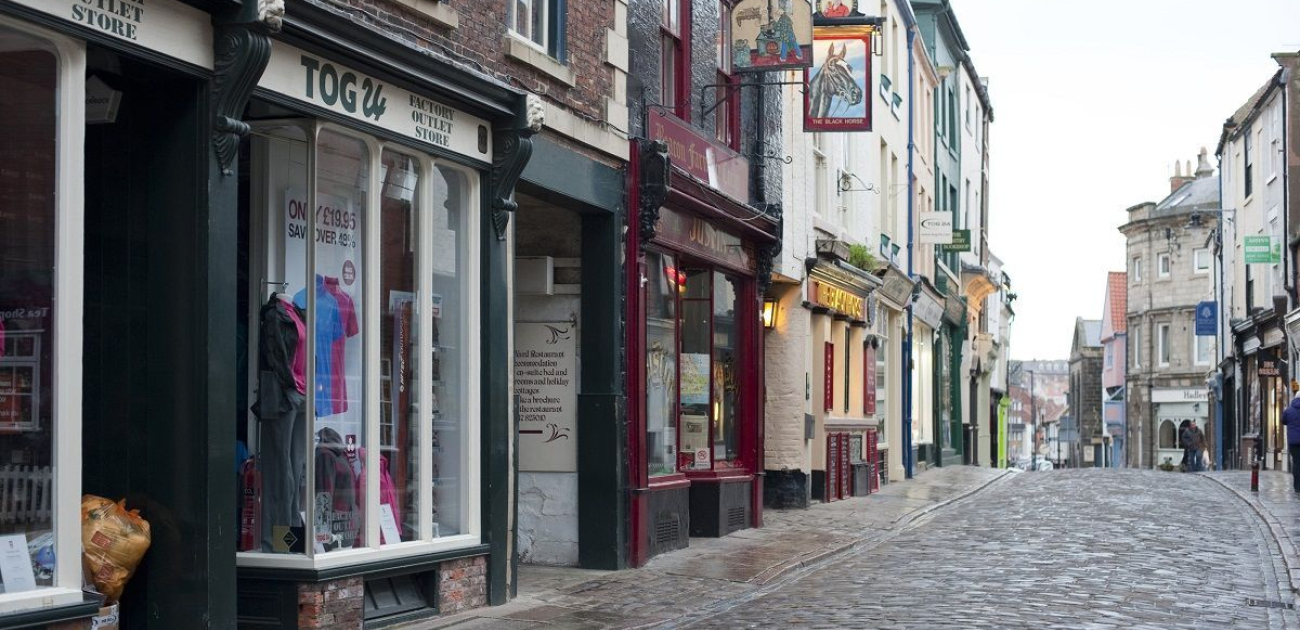I Want to Buy my Freehold and There Is a Commercial Element in the Building, Can I Do This?
The short answer to this, yes, provided that the area in question does not take up more than 25% of the building.
The test can be complicated to apply, but essentially you are looking for a precise measurement of the net internal floor area of the property, compared with the net internal floor area of the remainder of the building. There are a number of rules that need to be applied to determine how common parts are dealt with.
Generally, if these are common to the commercial and residential they can be counted as residential, but if they are wholly commercial, they count within the commercial areas. In anything but the most blindingly obvious case, specialist advice, including specialist measurement advice should be obtained.
I have the situation described above, am I going to have to buy the shop underneath our building?
The short answer to this is, “it depends.” What it depends on is this:
If there is already a long lease in place in respect of the shop (let’s say a 125 year lease or a 999 year lease) then the answer is ‘no’ – you will only be buying in the ground rent element of the shop’s lease – so whilst there will be a cost it will be roughly equivalent to buying in the cost of the ‘freehold’ to one of the flats. The valuation will not be exactly the same and specialist valuation advice should be sought.
The other scenario is where there is no lease in place or where there is a short-term commercial lease (say for 3 or 5 or 10 years).
If this happens you still have the right to buy the freehold, but you will need to consider how you are going to fund the cost of buying in the freehold to the shop. The cost is likely to be significant (it will depend on the rental value of the space) and even if the shop or other area is empty it will have a (most likely) significant value.
If this is your situation then you may need one or more of the flat owners to act as investors to fund this element or to team up with an external funder who might be prepared to invest (if the price is right) in such a situation.
Don’t forget that the landlord may well have a right of ‘leaseback’ in respect of this area if there is no long lease in place. This means that (if used by the freeholder) he will get a 999 year lease at nil rent of the area back from you when the freehold is purchased. This will deflate significantly the overall cost of buying in the freehold.
However, if (as mentioned elsewhere) the freeholder fails to ask for a leaseback , or does not want to, then you may be stuck with the situation mentioned above where you will need to buy the area in question.
When serving notice in a situation like this you will have to offer the full value of the interest and therefore specialist advice should be obtained to understand all of the options and possible outcomes before embarking on any plans to buy the freehold in a situation like this.
Do you want more information?
 Mark Chick
Mark ChickMark Chick is recognised as a leading UK authority in this sector. He is a Leasehold Reform specialist and has been a Partner at Bishop & Sewell LLP since 2006.
